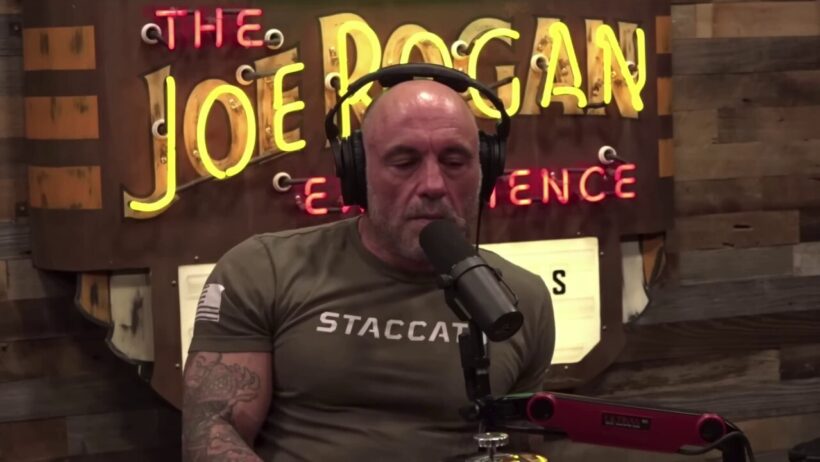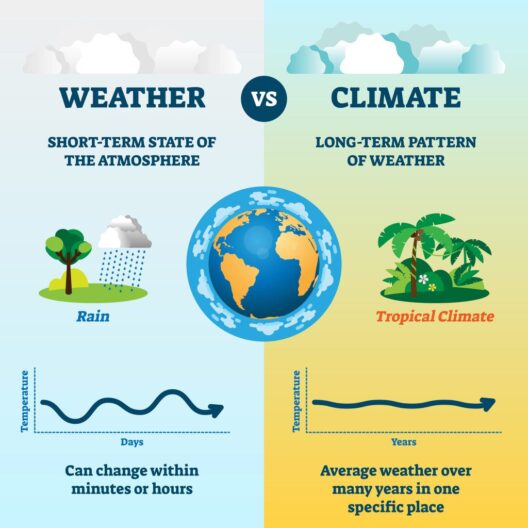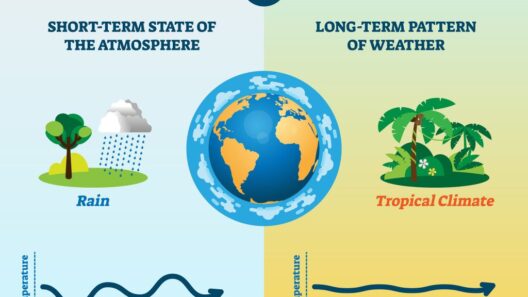In the current era, climate change represents one of the most pressing challenges humanity faces. The discourse surrounding this issue, however, is often muddled by varying perspectives—from fervent advocacy to outright skepticism. Joe Rogan, the podcasting titan well-known for hosting a plethora of guests with diverse opinions, has become a lightning rod for discussions on climate change. But does he believe in climate change? This question is more intricate than a simple yes or no and merits a deeper exploration of his on-air statements and the underlying implications.
Rogan’s dialogue often oscillates between acknowledgment of scientific consensus and a critique of climate activism. It is crucial to parse these statements. On several occasions, he has suggested that climate change is real and supported by scientific data, aligning himself with the prevailing views of most climate scientists. However, his narratives frequently pivot away from straightforward acceptance towards a realm of skepticism, particularly when discussing the efficacy of climate policies and the stances of prominent environmental activists.
In a notable episode, Rogan engaged with climate scientists and experts who presented evidence substantiating rising global temperatures, melting ice caps, and changing weather patterns. His inquiries reflected a degree of curiosity and openness towards understanding the complexities of climate science. Yet, there is often a twist; Rogan juxtaposes this scientific acknowledgment with criticisms of climate measures, insinuating that certain strategies may be ineffective or counterproductive. Such rhetoric can both inform and perplex his audience—leaving listeners to wonder about the veracity of climate initiatives.
One of Rogan’s increasing frustrations appears to be with the perception of climate activists, particularly in how they delineate responsibility concerning global emissions. He has been quoted as pointing out the disproportionate contribution of countries like China and India to climate degradation. His assertions often imply that focusing solely on Western nations’ carbon footprints may overlook the larger complexities at play. This framing can lead to a critique of activism that does not adopt an adequately global perspective, but it also risks minimizing the urgency of immediate action within one’s own borders.
Moreover, his commentary often reflects a broader skepticism towards governmental intervention and regulatory measures. Rogan’s libertarian-leaning ideology surfaces in discussions where he seems to advocate for market-driven solutions rather than top-down regulations. He questions the efficacy of legislative measures and posits that innovation may yield better outcomes for climate solutions. By leaning towards solutions driven by technological advancement and economic incentives, Rogan teases apart the notion of climate change responsibility from the burdensome legislation that often accompanies environmental reform.
Rogan’s interviews with climate activists further complicate his stance. While he allows these guests to share their insights and urgency, he also positions himself as a counterbalance, often playing the role of the skeptic. This dynamic has the dual effect of acknowledging climate change while simultaneously questioning the motives and methods of those advocating for change. Activists may express exasperation at the dichotomy Rogan creates—where belief in climate science does not necessarily translate to support for activism or policy change.
This ambivalence invites a critical analysis of public figures as influencers in the climate conversation. Rogan commands a vast audience, and his ambivalence could lead to misconceptions regarding the immediacy of climate action. Dissecting Rogan’s statements reveals an underlying tension: What does it mean to believe in climate change while simultaneously advocating for limitations on certain paths of action? The nuance invites a reflection on how leaders can contribute effectively to discourse without fostering complacency.
Rogan’s platform poses significant implications for his listeners. By embracing complexity, he promises a shift in perspective—challenging the simplistic binary of accepting or denying climate change. Yet, the caveat lies in his exploration of climate activism and the effectiveness of policy. This fraught positioning can inadvertently stall proactive engagement and erode the foundational urgency that climate change advocates strive to instill in the public consciousness.
Furthermore, as debates rage on about climate action efficacy, Rogan’s perspective invites critical questioning of the narratives around environmentalism. The conversations about climate change necessitate a deeper understanding of global interdependencies, economic ramifications, and ethical responsibilities, particularly when discussing equity across nations differing significantly in development and emissions profiles. Rogan’s platform becomes a space where these discussions can either flourish or falter based on how the arguments are framed.
In conclusion, the shifting sands of public perception surrounding Joe Rogan’s beliefs about climate change underscore a broader societal issue: the necessity for informed, nuanced discourse. Recognizing Rogan’s dual acknowledgment of climate science alongside his skepticism of activism and policy lays bare the complexities embedded in this dialogue. While he presents an opportunity for enlightenment regarding underlying issues, the responsibility remains heavy on listeners to discern information critically and to strive for informed advocacy in the face of a changing climate. As the world grapples with escalating climate crises, every voice—celebrated or controversial—holds potential for sparking further inquiry and encouraging more substantial action.







